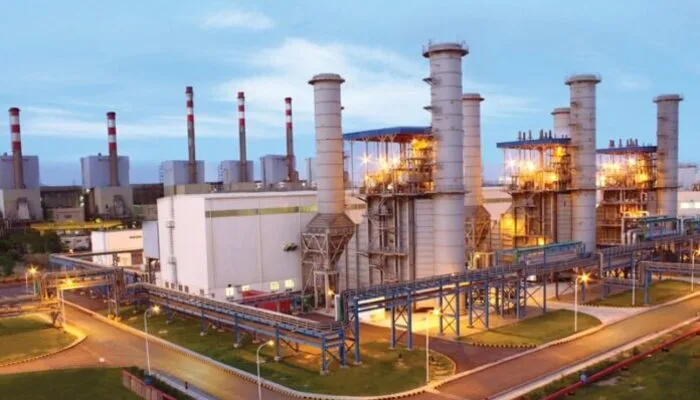
ISLAMABAD: The National Energy Administration (NEA) of China has expressed a willingness, in principle, to establish an ad hoc working group. This group will facilitate discussions on converting three imported coal-fired power plants to local coal.
Power Division’s Efforts
The Power Division is currently finalizing a sectoral plan. This plan supports the Government of Pakistan’s (GoP) efforts to break free from the low growth trap. Therefore, the initiative aims to enhance the country’s energy security.
Chinese Officials to Participate
Chinese officials will represent the Chinese side. They come from NEA’s International Cooperation Department, its Planning Department, and various Chinese enterprises operating power plants in Pakistan. Additionally, the Ministry of Energy (Power Division) has formed a committee. This committee, led by Additional Secretary-1, will coordinate with Independent Power Producers (IPPs) and stakeholders. Moreover, it will conduct joint feasibility studies on converting plants to Thar coal, assess coal transportation logistics, and provide recommendations and an implementation plan for the conversion.
Coal Supply Developments
Regarding local coal supply, PPIB stated that the financial close for the mine expansion (phase-III) of Thar Block by the Sindh Engro Coal Mining Company (SECMC) is in progress. It is expected to be completed by the end of 2024. Furthermore, SECMC has projected the commercial operation date (COD) for phase-III to be in March 2025. After this date, coal will be supplied to Lucky Electric Power Company Limited (LEPCL).
Concerning the Jamshoro power plant, SECMC, K-Electric, and GHCL are in a favorable position. They are well-prepared to provide current updates on the coal supply situation.
Local Financing for Conversion
The PPIB noted that the execution of the coal supply agreement between SECMC and Jamshoro falls under SECMC and the Government of Sindh. Additionally, the Finance Ministry is in discussions with local banks. They aim to finance the conversion of the three imported coal plants to local coal. Notably, two or three meetings have already been held at the Ministry of Finance.
An initial study conducted by Fichtner, a German consultancy, supported the conversion of plants from imported coal to local Thar coal. Therefore, Pakistani officials indicated that the capital expenditure (CAPEX) for converting power plants and expanding mines could be financed by local banks. Importantly, this will not affect the current exposure of Chinese lenders.
Benefits of Conversion
The sources emphasized that the railway line for transporting coal from Thar is under construction. It will be ready before the conversion of projects to local coal. Officials stated, “Conversion to local coal will improve dispatch, increase revenue for power plants, and reduce tariffs for consumers from Rs 16.4 per unit to Rs 7.03 and Rs 11.40 per unit for CHHGC, Port Qasim, and Sahiwal, respectively.” This transition promises to make a significant impact on the energy landscape in Pakistan.
The government estimates forex savings of up to $892 million for IPP dividend repatriation and debt repayments, which would help alleviate liquidity problems. Moreover, the conversion aims to make Pakistan’s power sector financially sustainable.
Concerns from the Chinese Side
The Chinese side argued that converting imported coal-based power plants to local coal, specifically Thar coal, was thoroughly discussed in the eighth EPEP meeting held from May 15-17, 2024. They acknowledged that while conversion could address several issues, it also involves technical adaptations. Chinese representatives raised concerns about potential problems Thar coal may pose to the equipment of existing Chinese plants.
Additionally, they noted a significant gap between estimates provided by Fichtner and those calculated by project sponsors. Chinese enterprises will need to adopt appropriate technology to utilize Thar coal and obtain approvals from stakeholders in China, making this a complex process.
Follow Day News on Google News, Instagram, YouTube, Facebook, Whats App, and TikTok for latest updates












